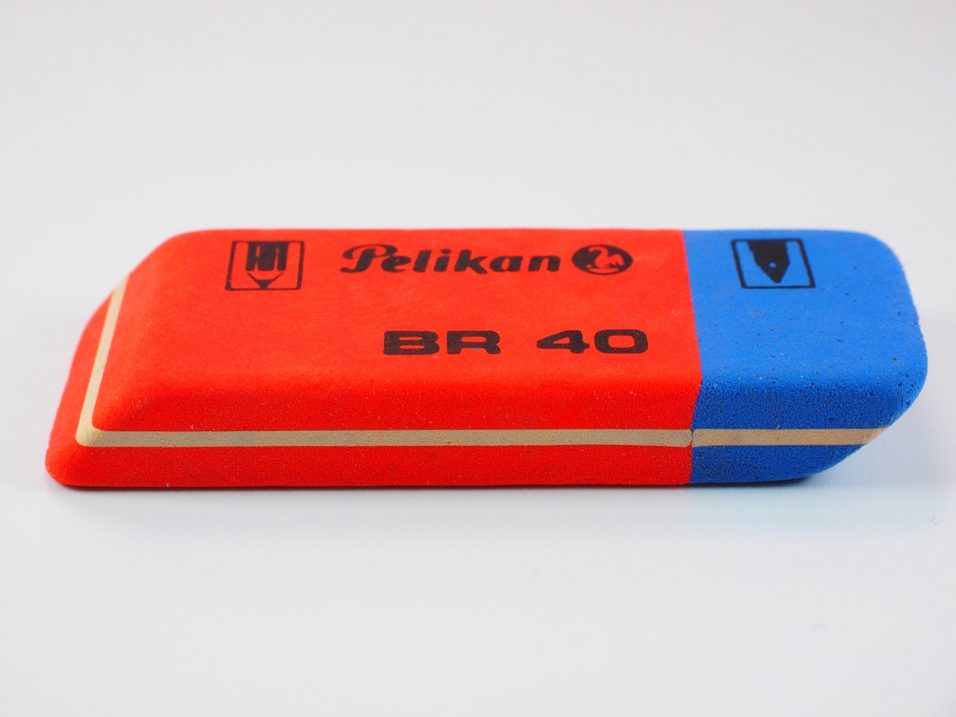I’m kind of an incompetent—ask anybody who knows me, especially my wife, The Duchess. I forget things and I have a poor eye for detail, which is why any time I’ve decided to proofread and copy edit my own work I have a fool for a client.
The Duchess, by comparison, is painfully detail-oriented. Composing an email for her is always an odyssey of wordsmithing as she revises and revises until she is 100% certain she not only has the precise wording she wants, but that her words are completely error-free. Me? I like to close my eyes and hit the throttle, wake up a few days later and see what I’ve written.
One result of this approach is that the work I submit is often riddled with typos.
Failing Upward
Recently, I sold a short story. The editor attached a light edit to the congratulatory email (not uncommon to have a quick gloss before the real editing) and I was kind of horrified to note a large number of dumb mistakes in there, including one misspelled word that should have been caught by spellcheck, if nothing else.
And yet, I sold the story. The editor recognized that these were just dumb typos that had no bearing on the quality of the story itself. And that’s today’s lesson: If you think that a bit of sloppiness will destroy your career, if you think that your work has to be absolutely perfect or you have no chance, you’re wrong, and I am living proof. Living proof that the Incompetent can have successful writing careers.
Are there editors out there who will reject your work automatically if there’s a typo? Yes, there are. And yes, I’ve probably been rejected by them for that reason, and they may even have posted a photo of me on their office wall with a note to never accept work from this man. Fair enough. For me, that doesn’t bother me, because I probably wouldn’t work well with someone like that anyway. I need collaborators who are fault-tolerant, because I am more or less defined by my faults.
This doesn’t mean you shouldn’t run spellcheck and review your work. Don’t be purposely incompetent—and there is a difference between a few minor mistakes and a trash fire disaster of a manuscript. But if anyone ever tells you that typos will kill your career, point them to my website and watch the expression of horror that they make.


I attended a workshop this weekend and the editor that presented the workshop said the exact thing. In the end, it’s still the story that will sell. Thanks!
That’s good to hear. Of course, that doesn’t mean you shouldn’t do basic due diligence on your words, but you shouldn’t lose sleep over minor unintentional mistakes!